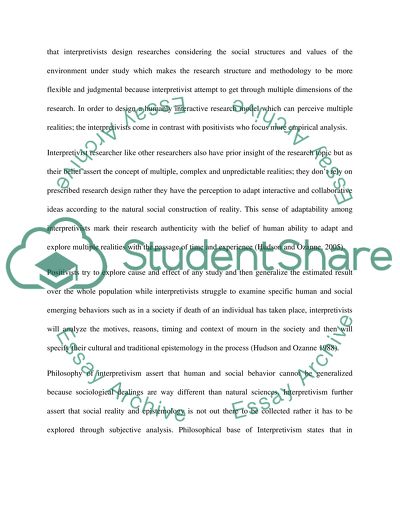Cite this document
(Research Methodologies Coursework Example | Topics and Well Written Essays - 1500 words, n.d.)
Research Methodologies Coursework Example | Topics and Well Written Essays - 1500 words. Retrieved from https://studentshare.org/philosophy/1484316-research-methodologies-section-of
Research Methodologies Coursework Example | Topics and Well Written Essays - 1500 words. Retrieved from https://studentshare.org/philosophy/1484316-research-methodologies-section-of
(Research Methodologies Coursework Example | Topics and Well Written Essays - 1500 Words)
Research Methodologies Coursework Example | Topics and Well Written Essays - 1500 Words. https://studentshare.org/philosophy/1484316-research-methodologies-section-of.
Research Methodologies Coursework Example | Topics and Well Written Essays - 1500 Words. https://studentshare.org/philosophy/1484316-research-methodologies-section-of.
“Research Methodologies Coursework Example | Topics and Well Written Essays - 1500 Words”, n.d. https://studentshare.org/philosophy/1484316-research-methodologies-section-of.


